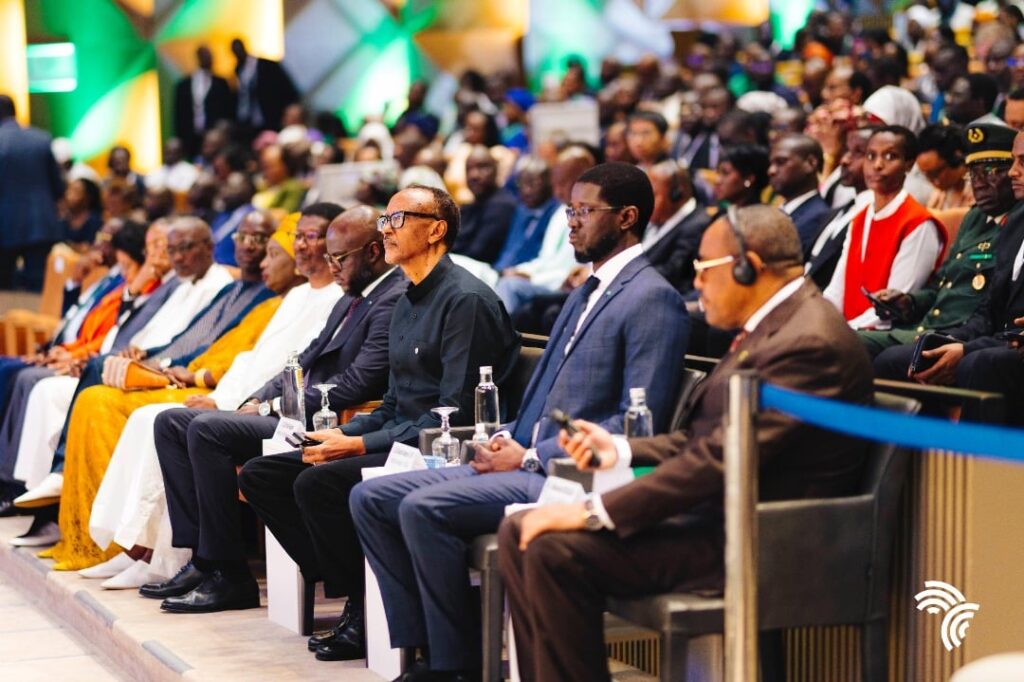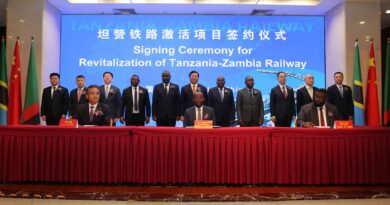Africa Food Summit Opens with Leaders Demanding Urgent Action on Agriculture
The Africa Food Systems Forum 2025 (AFSF) opened in Dakar with African leaders, development partners, and youth innovators calling for bold action to unlock the continent’s vast agricultural potential as a driver of food security, climate resilience, and economic transformation.
Hosted by Senegalese President Bassirou Diomaye Faye, the five-day summit has attracted over 6,000 delegates from 80 countries, including heads of state, private investors, researchers, civil society, and more than 2,000 youth representatives. Under the theme “Africa’s Youth Leading Collaboration, Innovation, and Implementation of Agri-Food Systems Transformation”, this year’s forum places young people at the centre of Africa’s food sovereignty agenda.
In her opening remarks, AGRA President Alice Ruhweza commended progress by smallholder farmers adopting climate-smart technologies, women taking leadership roles, and young entrepreneurs pioneering digital innovations in agriculture. However, she cautioned that more must be done, noting Africa’s annual $70 billion food import bill despite its abundance of uncultivated arable land. The continent, she reminded delegates, also shoulders a disproportionate share of the world’s hungry population.
The urgency aligns with the African Union’s Kampala CAADP Declaration (2026–2035), which seeks to increase agricultural output by 45%, halve post-harvest losses, triple intra-African food trade, and achieve zero hunger by 2035.
UN Under-Secretary-General and Executive Secretary of the Economic Commission for Africa, Claver Gatete, underscored Africa’s “paradox of abundance”. “How can a continent that should be the breadbasket of the world remain unable to feed its own people? Implementation, not intention, will feed our people,” he said.
Senegal also showcased its youth-first approach through the launch of a $22.5 million Community Agricultural Cooperative (CAC), designed to empower young people as collective owners and managers of agri-enterprises.
Several new commitments were announced at the forum, including a $100 million blended climate-agriculture fund for youth-led agritech startups, youth-focused adaptation grants, AfCFTA-enabled trade finance initiatives, and partnerships for digital agriculture platforms.
Beyond policy discussions, the summit has been structured as a marketplace for investment. Eleven countries, including Ghana with its “Feed Ghana” programme and Mali with its youth enterprise drive, are presenting projects in the Deal Room. Over 70 small and medium-sized enterprises are also pitching to investors.
The event features a Knowledge Hub and Youth Dome showcasing innovations such as insect-based protein ventures, solar-powered processing hubs, and climate insurance solutions. Meanwhile, cultural spaces such as the Culinary Village and the Arbre à Palabres stage are highlighting the role of food heritage and storytelling in Africa’s sovereignty narrative.
Against a backdrop of hunger, climate shocks, and mounting pressure for delivery, President Faye captured the urgency of the moment. “We have the means to feed our children and the world. Let us unite our will, mobilise our resources, and make food systems the engine of an African renaissance,” he declared.
As the week unfolds, attention will focus on whether Dakar 2025 marks a turning point from declarations to delivery, with concrete investment deals, strengthened partnerships, and national budgets aligned with Africa’s agricultural transformation agenda.



